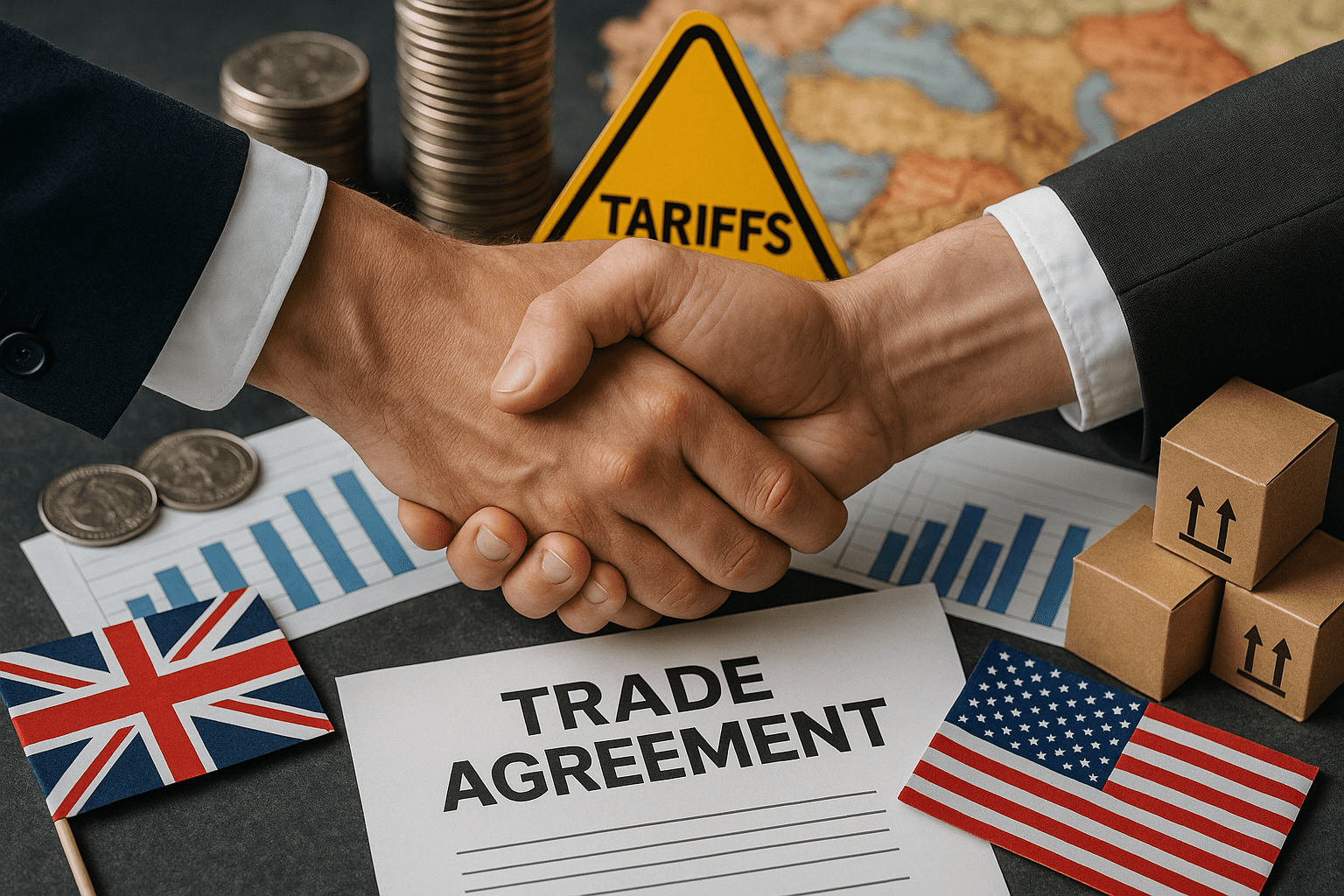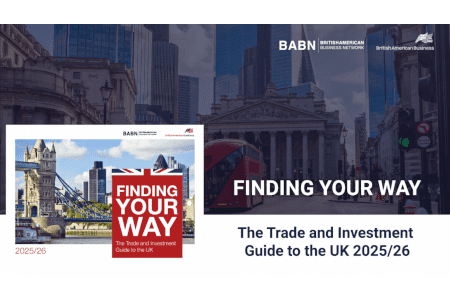Massimo Falcioni, ECI, discusses export credit agenting in the UAE, and describes the future plans of the ECI to promote export diversification
In spite of the UAE’s efforts to promote export diversification, oil and gas exports still make up almost 40% of its export basket. Etihad Credit Insurance (ECI), the UAE’s export credit agency, hopes to change that. It started operations in February 2018, having been established by the UAE governments to support the export of non-oil goods and services, and aims to support UAE-based companies with exposure and revolving credit limits. Its short-term goal is to support US$3bn-worth of non-oil exports and re-exports as part of the country’s UAE Vision 2021 agenda.
ECI is a Public Joint Stock Company owned by the UAE Federal Government and the Government of the Emirate of Abu Dhabi, the Government of the Emirate of Dubai, the Government of the Emirate of Ajman, the Government of the Emirate of Ras Al Khaimah and the government of the Emirate of Fujairah.
Massimo Falcioni, Chief Executive Officer of ECI, explains what the export credit agency has achieved since its establishment, and outlines its future plans.
What has been the export credit agency’s progress so far?
In a record time of just 11 months, we have fully established the export credit agency of the UAE. Between February and December we defined the business model, set up operations, processes, systems and procedures, and hired the staff. The major task at the beginning was to define the business model and get this approved by the board. Since December 2018 we have been fully operational in the market.
The first ECA was created 100 years ago. So, we have to fill a gap of 100 years, but we don’t have 100 years to play with. The UAE is very fast-growing, and it’s an international hub for exports and re-exports. Therefore, we put in place a leapfrog strategy. This has included the creation of a very strong ecosystem in order to be successful and supportive to the economy. Our ecosystem consists of 26 strategic partners, all of them supporting different areas of activity. I started with the ministry of the economy, the ministry of finance and the ministry of foreign affairs. Also in the ecosystem are our reinsurers and banking partners.
So far, we are ensuring additional export for US$100mn. Our target is for us to reach US$500mn by the end of October, and US$1bn by the end of the year. We have enough deals in the pipeline to reach those targets.
We are covering very large companies and SMEs in manufacturing. They are in polymers, the metals sector, cables or engineering services. We are now also working to cover food and beverage manufacturers.
Which are the most important trade partners?
The key countries we are selling to are India, Turkey, Saudi Arabia, Oman, Iraq, the US, Kuwait and China.
We expect the role of China as a buyer of our products to grow a lot. It currently only accounts for 3% of our non-oil exports, and 2.9% of our re-exports. We were part of Sheikh Mohamed bin Zayed Al Nahyan’s mission to China in July, where we signed three co-operation agreements with Sinosure, Bank of China and ICBC. In this regard, we will work in two directions: helping UAE companies to sell to China and helping those Chinese companies which are already in the UAE, which number between 4,00 and 6,000, to export. We will help the Chinese companies which decided to invest in the UAE to use the UAE as a hub to export to Africa. Finally, we will also assist with investments from the UAE to China.
What is ECI’s roadmap?
In the next three years, we will grow by introducing new products. One example is a new project we launched at the end of July which is a fully digitised solution for SMEs to apply online for export support. We will continue to innovate in the coming years.
Next year, we will be the catalyst for the success of Expo 2020. The Aman Union has recently voted for ECI to host its general assembly in 2020 during the expo, so we will host all 46 members here in the UAE.
Also, in the next three years we will open 10 risk offices abroad as part of our roadmap to become international. We will focus on countries where there is a market for halal products, such as the UK. This market is not solely related to food products but also to cosmetics and services.
What are the biggest challenges faced by UAE exporters?
The biggest challenge is education of SMEs. They represent the backbone of the diversification of the UAE economy. They account for 82% of the total employment and contribute 57% of the total GDP of the country. They need greater knowledge of foreign markets and foreign buyers. Another challenge is the fact that geopolitical risk in general has increased, with some markets impacted by sanctions. This has created some reluctance to sell on credit, and this has limited volumes. Currency volatility is another issue, such as the double-digit devaluation of the Turkish lira versus the greenback.
At ECI, we are a shield to protect our exporters against these issues. We are a facilitator, so we ease access to foreign markets by providing exporters with information on the buyer, information on the company, and credit limits. We are a stabiliser, because we add capacity to the market. We are also a growth accelerator, because we will add an additional US$1bn of exports in our first year of operations.
To read more trade industry news, click here.





